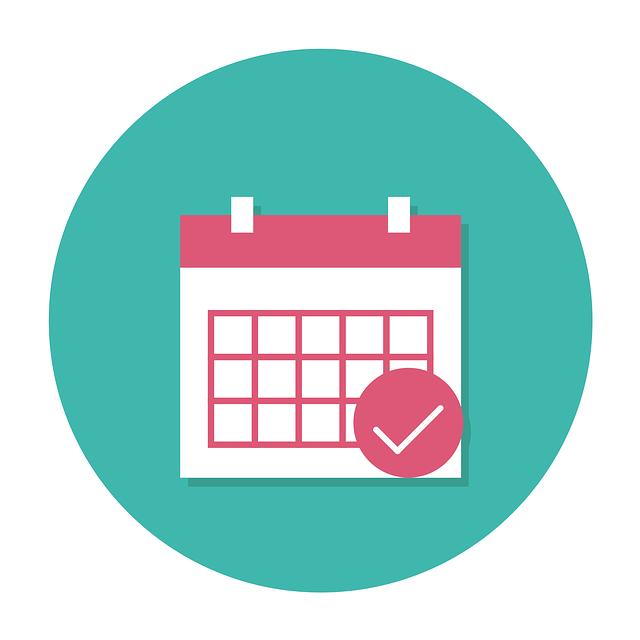
Are you planning on organizing an event? If so, you have come to the right place! In this blog post, we will walk you through everything you need to know in order to plan a successful event. We will cover everything from choosing a date and location to creating an event budget and marketing your event. So whether you are planning a small event or a large corporate conference, read on for our top tips!
VENUE:
One of the most important aspects of event planning is choosing the right venue. The venue you choose will impact everything from your budget to the number of attendees you can accommodate. When choosing a venue, be sure to consider the following factors:
Location
The location of your event is important not only for logistics purposes but also for marketing. You want to choose a location that is easily accessible and convenient for your attendees.
Size
The size of your venue will determine how many people you can accommodate. Be sure to choose a venue that is large enough to comfortably fit all of your guests.
Amenities
Does the venue have all the amenities you need? For example, if you are planning a conference, you will need a venue with meeting rooms and AV equipment.
Budget: Last but not least, you need to consider your budget when choosing a venue. Be sure to get multiple quotes from different venues before making your final decision.
Audience:
The next step in event planning is to consider your audience. Who are you planning this event for? What are their needs and wants? Knowing your audience will help you make key decisions about your event, such as the type of venue you choose and the topics you cover.
Date And Time
Now that you have selected a venue, it’s time to choose a date and time for your event. When selecting a date, be sure to consider the following factors:
Availability
Is the venue available on the date and time you want to hold your event? Be sure to check with the venue in advance to avoid any scheduling conflicts.
Conflicts
Are there any other events happening on the same day that could conflict with yours? For example, if you are planning a corporate event, you will want to avoid scheduling it on the same day as a major industry conference.
Seasonality
Is there a particular time of year that would be better for your event? For instance, if you are planning an outdoor event, you will want to avoid scheduling it during the winter months.
Once you have selected a date, it’s time to choose a start and end time for your event. Be sure to consider the following factors when making your decision:
Duration
How long do you want your event to last? Be sure to leave enough time for breaks and activities without making your event too long.
Attendee needs
What is the best time of day for your attendees? For example, if you are planning a corporate event, you will want to avoid scheduling it during the lunch hour.
Cost
The cost of your event will be determined by a number of factors, such as the size of the venue and the number of attendees. Be sure to consider all of these factors when creating your event budget.
Medical Staff:
When planning an event, it is important to consider the safety of your attendees. Be sure to have a medical team on standby in case of any emergencies. You should also have a plan in place for evacuating the venue in case of a fire or other emergency. If you are looking for event medical services then see here.
Secruitiy:
Another important consideration when planning an event is security. Be sure to hire enough security personnel to protect your guests and ensure that everyone remains safe throughout the event.
Event insurance:
Last but not least, be sure to purchase event insurance before your big day. This will protect you from any unforeseen accidents or damages that may occur during your event.
Now that you know all the basics of event planning, it’s time to start organizing your own event! Just be sure to keep all of the above tips in mind and you’re sure to throw a successful event. Good luck!

